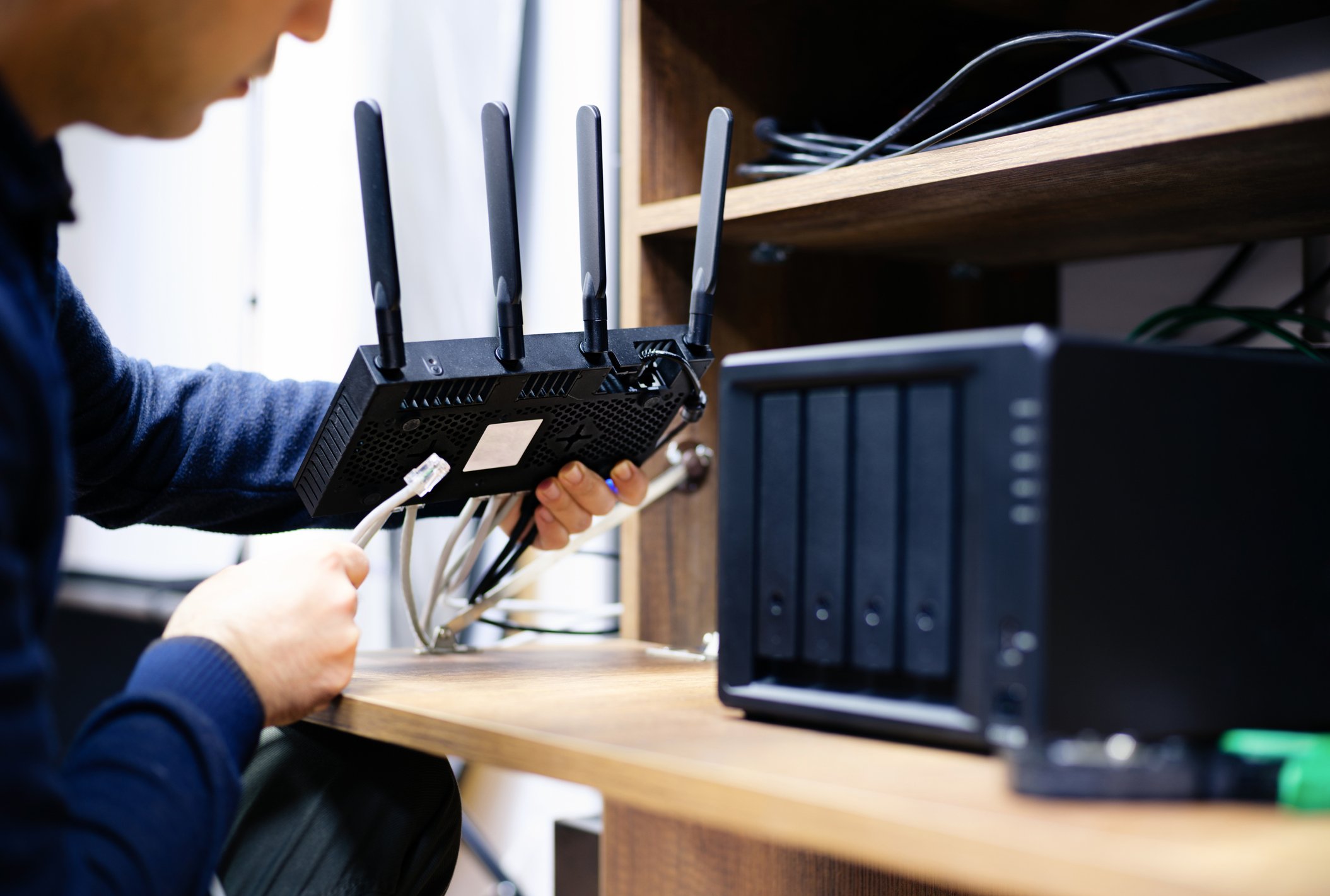
- February 2026 (2)
- January 2026 (2)
- December 2025 (2)
- November 2025 (2)
- October 2025 (3)
- September 2025 (3)
- August 2025 (3)
- July 2025 (2)
- June 2025 (3)
- May 2025 (3)
- April 2025 (3)
- March 2025 (2)
- February 2025 (1)
- December 2024 (2)
- November 2024 (1)
- August 2024 (2)
- June 2024 (3)
- May 2024 (3)
- April 2024 (1)
- March 2024 (3)
- February 2024 (2)
- January 2024 (2)
- December 2023 (1)
- November 2023 (2)
- October 2023 (2)
- September 2023 (1)
- August 2023 (1)
- July 2023 (2)
- June 2023 (3)
- May 2023 (2)
- March 2023 (4)
- January 2023 (2)
- November 2022 (2)
- September 2022 (1)
- August 2022 (2)
- July 2022 (2)
- June 2022 (1)
- May 2022 (1)
- April 2022 (3)
- March 2022 (1)
- February 2022 (3)
- January 2022 (2)
- December 2021 (1)
- November 2021 (1)
- October 2021 (2)
- September 2021 (3)
- August 2021 (1)
- July 2021 (3)
- May 2021 (2)
- April 2021 (2)
- March 2021 (2)
- February 2021 (3)
- January 2021 (3)
- December 2020 (1)
- October 2020 (1)
- August 2020 (1)
- August 2019 (1)
- January 2019 (2)
- September 2018 (5)
- June 2018 (1)
- November 2017 (1)
- September 2017 (1)
- July 2017 (1)
- May 2017 (1)
- January 2017 (1)
- October 2016 (2)
- August 2016 (1)
- July 2016 (1)
- June 2016 (1)
Subscribe by email
Internet connectivity is no longer a luxury but a necessity. Without it, productivity comes to a halt, and businesses face substantial financial risk. IoT products rely on connectivity, and OEMs face customer frustration with a loss of internet and may even put customer assets or security at risk when internet-dependant systems fail. Network redundancy safeguards continuity for your products, services, and business. In this guide, we'll explore the advantages and types of cellular network redundancy and how Zipit Wireless can support your connectivity needs.
What is network redundancy?
Network redundancy refers to a backup source of connectivity that guarantees uninterrupted internet access and ongoing functionality of products, services, and business when the primary internet connection fails. This concept is synonymous with 'internet failover' or 'backup internet.' In an internet outage, the redundant network swiftly takes over, eliminating downtime and ensuring consistent access to services for customers or employees.
Typically, you pay a fixed monthly fee for backup connectivity. This investment is a strategic safeguard for your business. Network redundancy minimizes downtime and protects your business from potential revenue losses, reputational damage, and customer dissatisfaction resulting from prolonged outages. By budgeting for backup connectivity, you're effectively investing in the continuity of your operations, providing peace of mind that your critical services and communications will remain accessible and reliable, even when unexpected network issues arise.
Types of cellular network redundancy
Cellular connectivity employs two primary strategies for uninterrupted connectivity–switching between carriers and switching between network technologies.
1. Multi-carrier redundancy
Multi-carrier connectivity enhances reliability by reducing the reliance on a single carrier. When one cellular carrier experiences network issues or outages, the device can automatically switch to an alternative carrier with better signal strength or performance.
Learn more: How Does a Multi-Carrier IoT Device Choose a Carrier?
2. Alternate wireless network
This strategy involves having a backup wireless network as an alternative to a primary wired network or as a secondary wireless network alongside another wireless network. An alternate wireless network can also provide backup for a Wi-Fi connection. For example, a restaurant, coffee shop, or food truck with Wi-Fi as the primary internet source could implement backup cellular SIM capability in POS devices for seamless service during an outage, even during peak business hours.
How cellular network redundancy works
Achieving cellular network redundancy can be accomplished through one of the following technologies:
Dual modem routers
Dual routers receive connectivity from two different networks and maintain continuous connectivity so that the second modem kicks in immediately when the first fails. The two routers can be configured to switch back and forth between two carriers. Both routers communicate with each other so that when the backup detects a connectivity problem or outage, it automatically takes over.
Dual SIMs
Dual SIMs refer to using two SIM cards in a single router or modem. The backup SIM remains disconnected until the primary SIM card fails to connect. You have the option to link both SIMs to the same carrier or choose two different carriers for better protection when the carrier is responsible for the outage.
Fixed wireless
Fixed Wireless Internet is a cost-effective form of redundant connectivity for businesses or applications that require high data transfer and low latency. Fixed Wireless transmits radio signals from cellular towers to a fixed location, offering greater flexibility for businesses or homes in remote areas without laying new cables.
Fixed wireless is highly effective for business network redundancy due to its reliability, rapid deployment capabilities, and low latency performance. Additionally, establishing a private network secures Fixed Wireless connections, which makes it a compelling choice for safeguarding critical operations.
Benefits of network redundancy
Continuous connectivity
Continuous connectivity is the primary reason for network redundancy. It ensures that your network remains operational even when you experience internet outages or disruptions. For many businesses, the effects of no connectivity are too costly, and not just monetarily. Network downtime can have serious consequences in hospital or security settings, where human safety or well-being depends on fully operational systems.
Disaster recovery
Redundant networks can be quickly activated in the face of outages due to natural disasters, cyberattacks, or other emergencies to preserve data integrity, minimize downtime, and expedite recovery.
Cost efficiency
Although implementing redundancy may involve initial costs, it can result in long-term cost savings. Redundancy mitigates the financial impact of network failures, which can lead to lost revenue and recovery expenses.
Scalability
As your business expands and evolves, the demands on your network infrastructure naturally increase. Growth brings higher internet bandwidth needs, greater network traffic, and the addition of new devices and users. Ensuring your network can seamlessly adapt and scale to meet these evolving demands is essential for sustaining operational efficiency and providing a seamless user experience. Network redundancy allows your business to accommodate increasing bandwidth requirements.
Network redundancy examples
Network redundancy for device reliability
Environmental sensors: IoT sensors employed for environmental monitoring tasks, such as tracking temperature or humidity levels in storage facilities, can be engineered to connect to multiple networks simultaneously. The backup connection guarantees the consistent transmission of critical data.
Smart home locks: OEMs producing smart door locks can implement network redundancy by equipping these devices with Wi-Fi and cellular connectivity options. If the Wi-Fi network goes offline, the lock can seamlessly switch to cellular connectivity to ensure continuous access control and security.
Fleet tracking devices: OEMs producing fleet tracking solutions for transportation companies can incorporate redundancy using multi-carrier connectivity. These devices can automatically switch between different cellular carriers to ensure continuous vehicle tracking and route optimization, even in areas with weak network coverage.
Learn more: An Introductory Guide to IoT Devices
Network redundancy for business continuity
Branch offices: Branch offices or remote locations can deploy Fixed Wireless Access (FWA) as a redundant internet connection. In a primary wired internet outage, FWA serves as a backup, maintaining vital connectivity for critical operations such as point-of-sale systems or online order processing.
Retail Chains: Large retail chains can implement FWA solutions across their stores as a primary or backup internet source. This redundancy ensures uninterrupted sales transactions and inventory management, even if a wired internet connection fails due to local issues or network outages.
Hospitality industry: Hotels and resorts can leverage FWA as a backup connectivity solution for guest services so guests can access Wi-Fi, even if the primary wired connection encounters issues.
Learn more: Benefits of IoT for Your Small Business
How Zipit can help you maintain connectivity
At Zipit Wireless, we understand that maintaining uninterrupted connectivity is critical for your business. Our cellular connectivity solutions are designed to keep your IoT devices and corporate environment connected at all times. With multi-carrier connectivity, dual SIMs, and high-speed Fixed Wireless plans, we ensure your business remains operational, even during network disruptions.
We offer cost-effective data plans from top network operators that can be easily customized to your unique business requirements. You can manage your devices and data plans through our single, comprehensive platform that automates device activations, deactivations, and monthly subscription billing.
Regardless of the scale or complexity of your connectivity needs, Zipit can provide your business with reliable, seamless, and cost-effective wireless failover solutions that keep you connected, no matter what.
You may also like:
Related Content
The latest IoT insights and platform updates from Zipit.
Battery life is a critical component for successful IoT deployments. Modern IoT de...
Valued at $864.32 billion in 2025, the global IoT market is an enormous driver of ...
Mobile IoT devices are tasked with traversing unpredictable environments, crossing...



